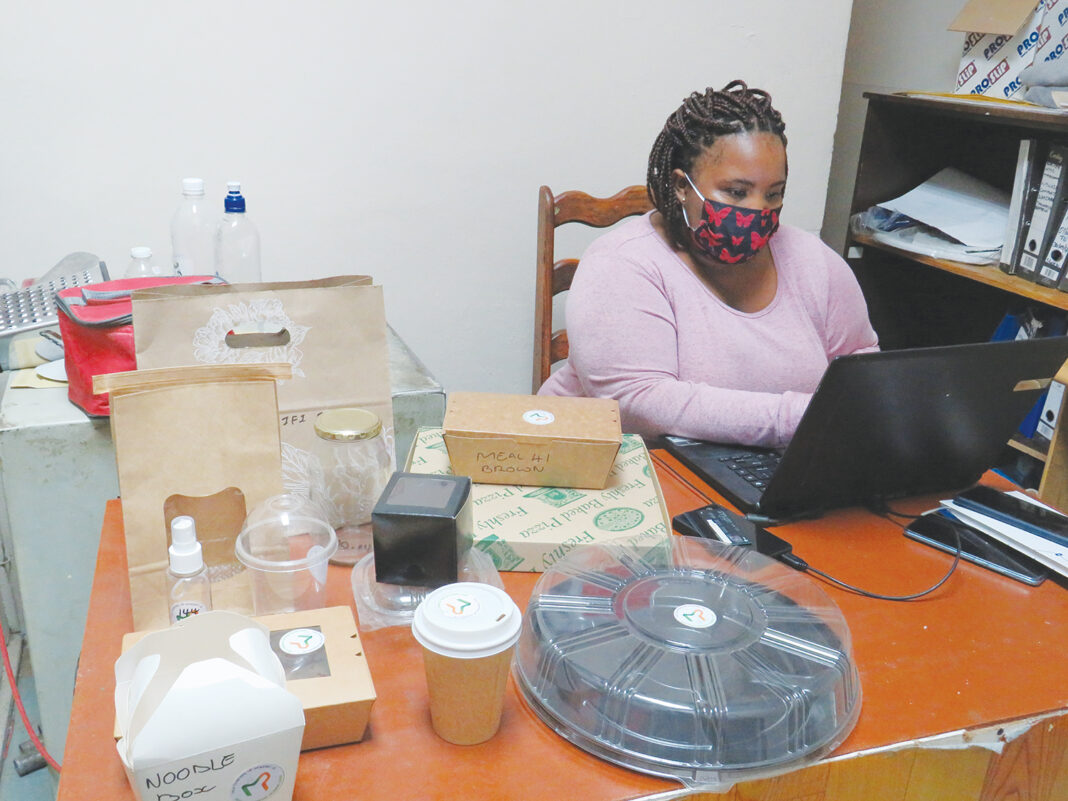SADC Facilitator in Lesotho, Dikgang Moseneke, recently ruffled a few feathers when – out of the blue – he prescribed a Transitional Justice Commission (TJC) as part of the national reforms that Lesotho is currently attempting to implement.
This was seen as a major victory for proponents of a Truth and reconciliation Commission, which they had hoped to ride on to avoid accounting for their criminal acts and violations of human rights between 2014 and 2017.
We would, however, wish to call the attention of all involved to the African Union Transitional Justice Policy. Adopted in February 2019, this policy provides AU Member States, non-State actors and other stakeholders within the transitional justice field with adaptable and flexible principles, policy parameters and strategic frameworks that will facilitate the planning and implementation of transformational transitional justice programmes, consolidate peace in the emergency/transition phase, and hence increase the chances of successful long-term sustainable development. It provides parameters to improve coherence and coordination of all actions between State and non-State actors operating at local, national, regional or/and international levels, during all phases of the transitional justice process.
The policy establishes the principles and approaches that should guide such holistic and transformational transitional justice. In this regard, the specific objectives of the policy include the following:
- Improving timeliness, effectiveness and coordination of transitional activities in post-conflict and non-conflict countries, laying the foundation for social justice and sustainable peace, and preventing recurrence of violence;
- Enhancing social cohesion, nation building and, where necessary, comprehensive State reforms as means of addressing the root causes of conflict;
- Defining the policy agenda for holistic and inclusive socio-economic transformation and development of societies emerging out of periods of conflict, serious human rights and humanitarian law violations, legacies of exclusion and historical injustices;
- Encouraging and fast-tracking planning and implementation of reconstruction, national healing and accountability of State and non-State actors for serious violations of human rights activities;
- Enhancing synergies and coordination between and among diverse actors engaged in transitional justice processes, including State and non-State actors;
- Establishing clear parameters for the application of principles of complementarity and subsidiarity in the design, implication, monitoring and evaluation of transitional processes.
This policy provides guidelines to translate comprehensive strategies for transitional into specific actions that empower affected countries to take the lead in the process of providing restorative and transformational justice with respect to not only the legacies of conflicts and violations, but also governance deficits and developmental challenges.
It is our belief that Basotho can only accept such a commission if it aligns itself with this policy. We say no to impunity









